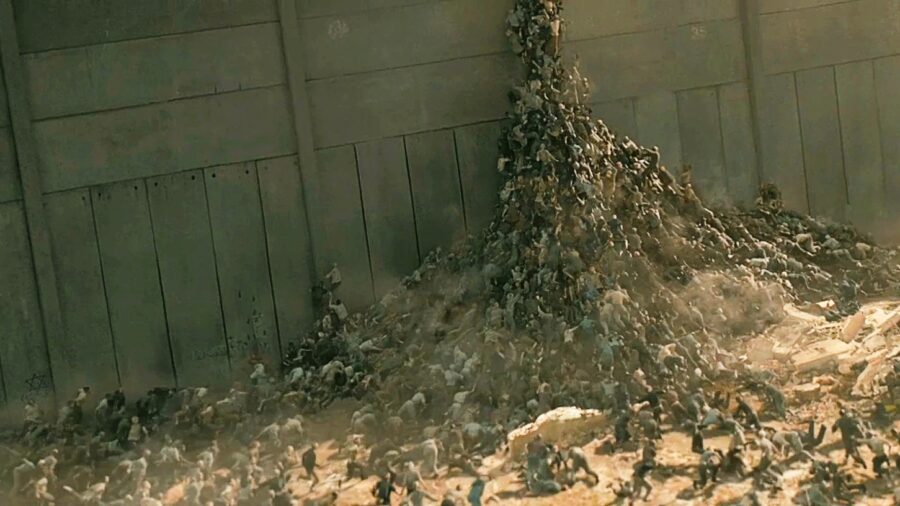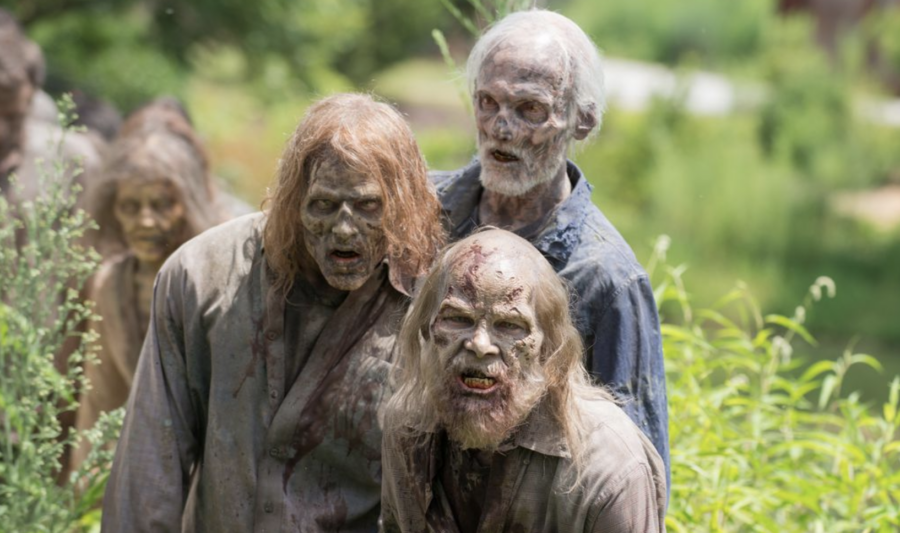Scientists Officially Studying Zombie Uprisings, Are They A Real Threat?

Zombie uprisings have been the focus of thousands of written works spanning from novels, screenplays, and apparently, even scientific research. According to a recent write-up in Science Alert, scientists in Finland have begun modeling zombie tests based on the spread of pathogens in an effort to predict how future pandemics, such as the novel Coronavirus, spread. Hopefully, this research yields positive results that allow researchers to halt the spread of disease across large populations, but you shouldn’t expect to see dead men rising from their graves any time soon.
Scientists are using fictional zombie uprisings to study the spread of future pandemics.
This is a humorous development in the world of science, as many people have made comparisons between the shutdowns put in place due to the COVID-19 pandemic and fictional zombie uprisings. A number of jokes and memes that circulated the internet throughout the last several years have maligned those who hide COVID symptoms or refuse to test for the virus as the very same individuals who would intentionally obfuscate a zombie bite while traveling with a crowd, putting everyone around them at risk.
This is also not an isolated field of study within science and medicine, as medical students are often tasked with studying zombie uprisings in order to better understand the spread of true plagues.
The researchers, who are led by Aalto University mathematician Pauliina Ilmonen, have honed their focus specifically on a number of factors regarding the potential spread of a zombie uprising. These factors include time frame analysis, which seems to suggest that a single zombie in Helsinki, Finland, could cause a city-wide quarantine in just seven hours. According to current simulations, a failure to quarantine major metropolitan areas of the Northern European nation in the span of a single business day would result in an inevitable collapse of the entire country.

Though this research sounds, at first, like an excuse for a team of scientists to blow off work for a day to play Plague Inc. the simulations are apparently quite in-depth, revealing a surprising lack of epidemiology infrastructure even in a post-COVID society. This is also not an isolated field of study within science and medicine, as medical students are often tasked with studying zombie uprisings in order to better understand the spread of true plagues. The CDC even utilized zombies as a concept during a 2011 public preparedness campaign in order to get the general public to be more mindful of how diseases spread.
This is a humorous development in the world of science, as many people have made comparisons between the shutdowns put in place due to the COVID-19 pandemic and fictional zombie uprisings.
In order to study the effect of a potential zombie uprising, the Aalto University research team built their own simulation, not unlike a modern video game, in order to garner computationally intensive data in a realistic environment. The solutions provided by the model have yet to be published in full, but mathematicians who worked on the project have made it clear that the stark outcomes of their research paint an unfortunate picture for humanity’s next big pandemic.
Obviously, COVID-19 and the surrounding fallout should have served as a bleak reminder to us all that public health and safety need to be taken seriously. If we plan to prevent plagues such as this from appearing once every four years, like the Winter Olympics, our entire societal infrastructure will need to be revamped and adjusted. With any luck, science and health researchers will help to develop lasting solutions for public health crises before the arrival of a real zombie uprising.












